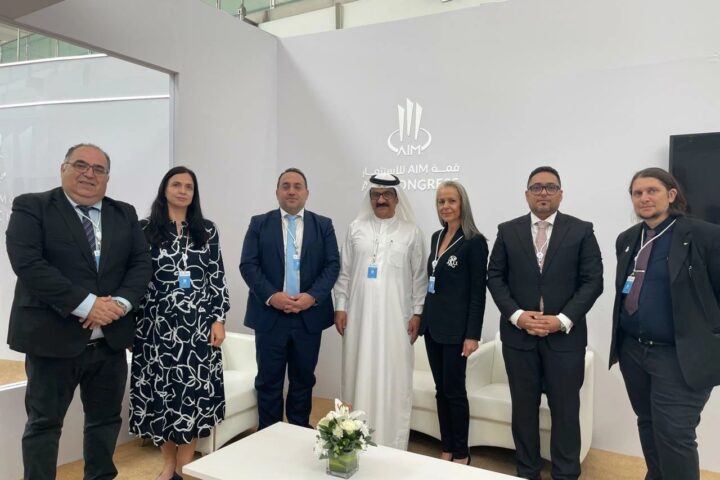The European Commission adopted today a proposal to launch the new generation of the Erasmus Mundus programme for the period 2009-13. Erasmus Mundus started in 2004 to promote European higher education as a centre of excellence in the world. In the first three academic years (2004-2006), more than 2,300 students have participated in the programme and over 1,800 have just been selected to start their studies in Europe in September this year. The new Erasmus Mundus II programme builds on this by aiming to become the EU reference programme for cooperation with third countries in this area. Over a period of five years, just over 950 million euros will be available for European and third-country universities to join forces in joint programmes or collaborative partnerships, and to grant scholarships to European and third-country students for an international study experience.
“The current Erasmus Mundus programme has been successfully running since its launch in 2004, encouraging the creation of high-quality Masters courses in Europe and attracting high-calibre students from third countries to European universities”, says the European Commissioner in charge of Education, Training, Culture and Youth, Ján Figel’. “Erasmus Mundus has been an important contributor to the modernisation of EU’s universities in a context of globalization of higher education issues, which relates to the Bologna Process. While we must consolidate the encouraging achievements of the current programme, we also feel that it is necessary to go a step further and widen the scope of the programme so that Erasmus Mundus becomes the trademark for EU cooperation with third countries in the field of higher education “.
This new approach translates into a whole range of new programme activities which cover joint doctoral programmes, increased financial support for European students, as well as collaborative partnerships with specific world regions to the benefit of all partners involved.
Benita Ferrero-Waldner, European Commissioner in charge of External Relations and European Neighbourhood Policy, said: “In the past years Erasmus Mundus has proven its potential as a strong instrument in the field of higher education, in particular master programmes. With Erasmus Mundus II we now want to exploit the full potential of cooperation between European and third-country universities worldwide: The new programme will extend its scope of activities in terms of participants, higher education programmes on offer and scholarships. It will enhance the quality of European higher education, promote EU external policy objectives, support sustainable development of third countries in the field of higher education as well as further dialogue and understanding between peoples and cultures.”
Today’s proposal builds on the conclusions of an external interim evaluation of the current programme, an ex-ante impact assessment of the proposed new programme, and a broad consultation of the main stakeholders, including universities, teaching staff and students.
The evaluation indicates that the current programme has achieved its aims to a very large extent, and strongly recommends that the programme be continued. In the first three academic years, 2,325 third-country students from over 100 countries and 323 universities in and outside Europe have successfully participated in the programme and an additional 1,826 students will debark in September this year to start their studies in Europe.
The Commission has thus decided to consolidate the current activities while also extending them and adding a new dimension to the programme. The activities of the new programme will be:
The support of joint programmes of outstanding academic quality at Master’s and Doctoral level, including a scholarship scheme for high-calibre EU and third-country students and academics;
The promotion of partnerships between European and third-country universities in specific world regions as a basis for structured co-operation, transfer of know-how, exchange and mobility at all levels of higher education;
The support of measures which will help to enhance the world-wide appeal of Europe as an educational destination.
The main novelties of the programme proposal are:
More opportunities and variety in the institutional cooperation modalities between European and third-country universities and in the individual mobility scheme;
Extension of Erasmus Mundus to doctoral studies and, partially, to the undergraduate level;
Stronger financial support for European students through the offer of more attractive scholarships.
After today’s adoption, the Commission will negotiate the proposal with the Council and the European Parliament. The new programme should be adopted in 2008 and enter into force in January 2009 when the current programme expires. This timing will avoid any disruption of cooperation activities during the transition from the current to the future programme.
Further information:
http://ec.europa.eu/education/programmes/mundus/index_en.html
Â







